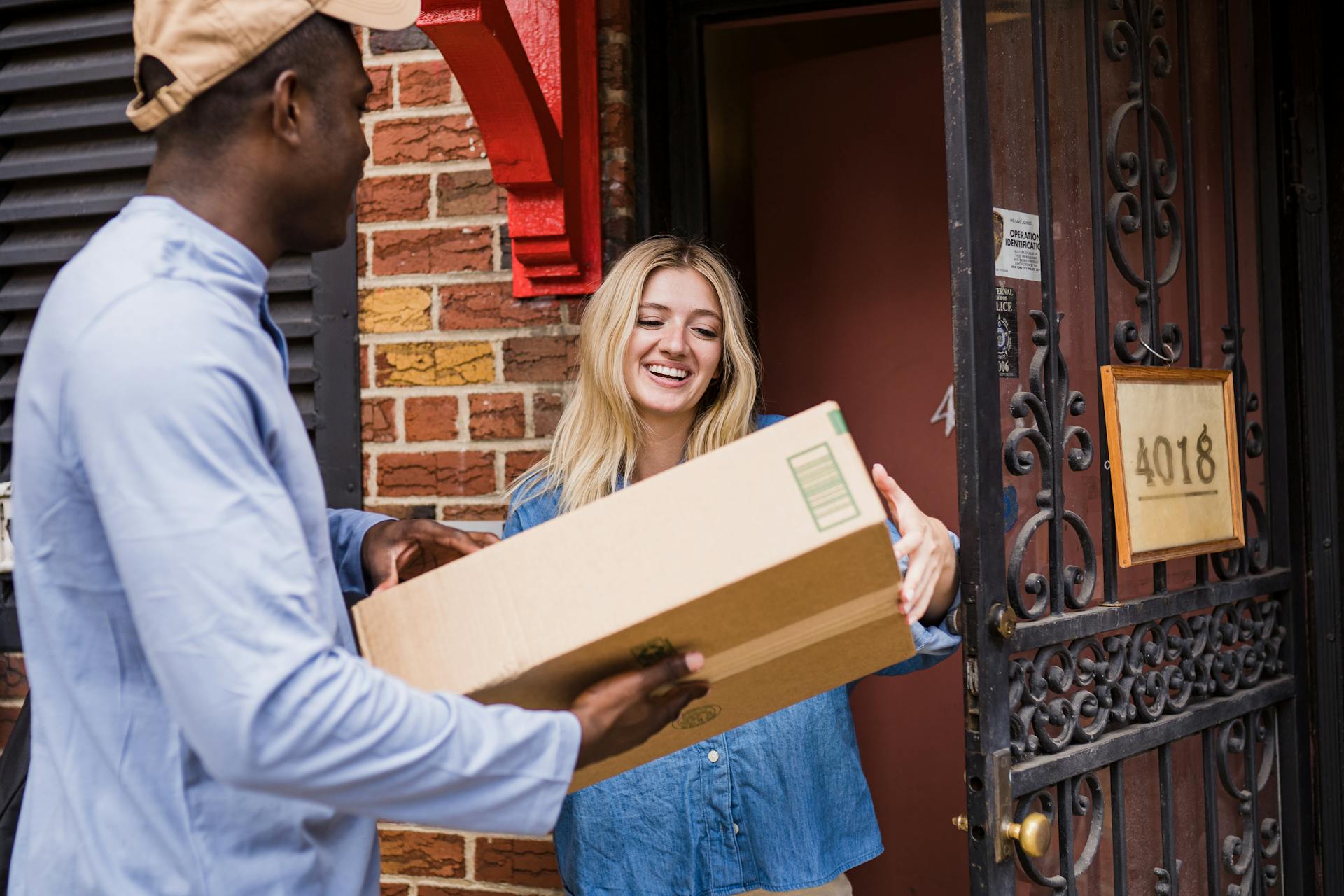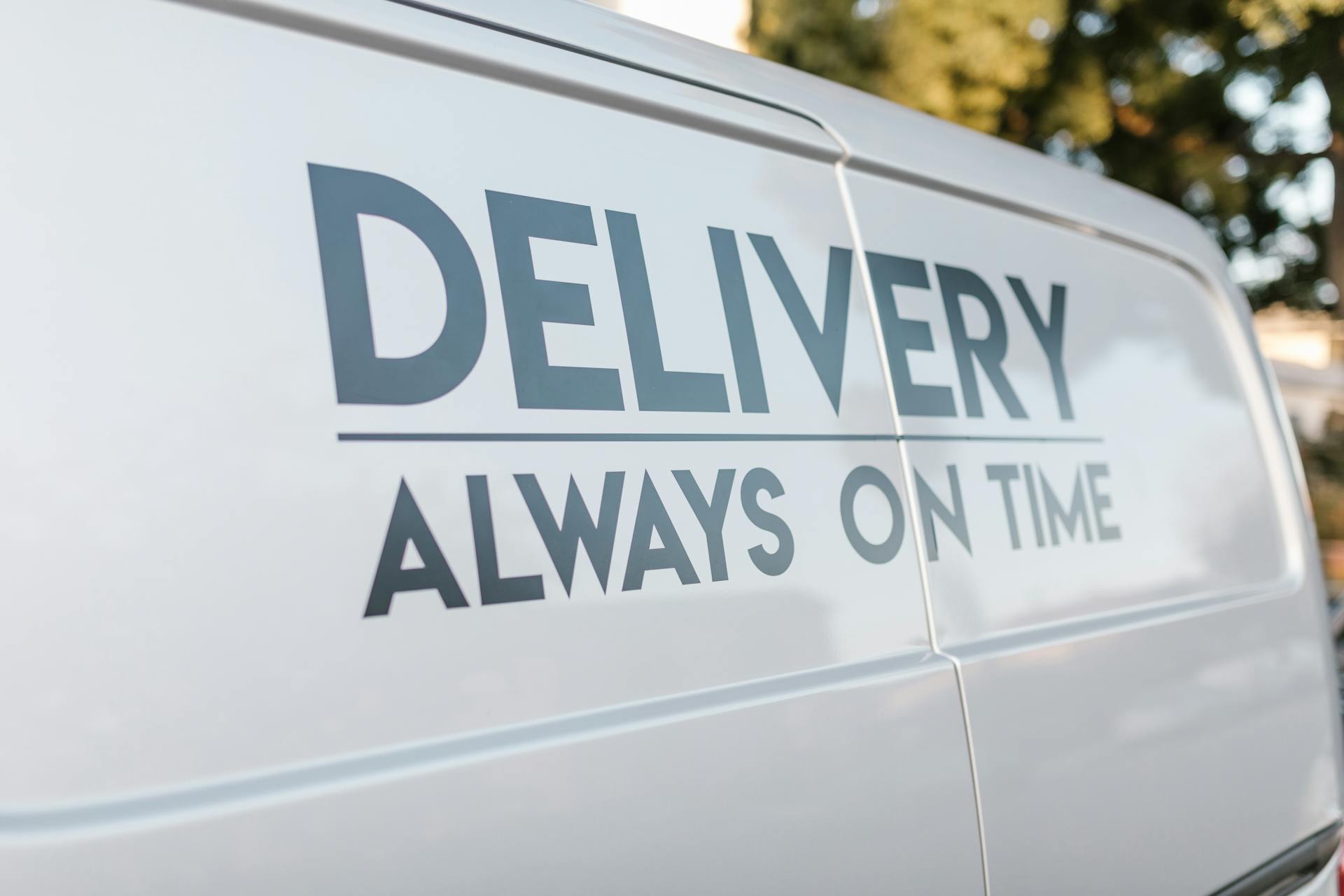What Is Last Mile Logistics?
The final link in the delivery chain sap wfs, worldwidef
Last mile delivery refers to the final step of the logistics process—moving a product from the nearest distribution point to the end customer. Though often short in distance, this stage is critical to the customer experience. It’s where expectations are either met or missed, and where the impression of service is finalized.
While broader logistics strategies may focus on cost-efficiency and scalability, last mile logistics emphasizes precision and personalization. Tools like sap wfs have become instrumental in managing last mile workflows, helping companies deliver timely, accurate, and traceable shipments. Integration with global systems like worldwidef allows for consistent delivery performance across regions.
Challenges in the Last Mile
Pain points that disrupt the customer journey
The last mile can be riddled with logistical hurdles: traffic congestion, incorrect addresses, failed delivery attempts, and unpredictable customer availability. These issues not only lead to increased operational costs but also risk customer dissatisfaction.
Solutions supported by platforms like sap wfs help logistics providers identify problem areas by tracking delays, analyzing failed deliveries, and adjusting strategies in real-time. Meanwhile, worldwidef provides cross-regional data that supports contingency planning in diverse delivery zones.
Real-Time Tracking and Communication
Transparency as a trust-building tool
One of the most impactful developments in last mile logistics is real-time tracking. Customers increasingly expect to know exactly where their deliveries are, along with estimated arrival times. Updates via text, email, or app provide visibility and confidence.
Systems powered by sap wfs enable automated alerts, location tracking, and delivery confirmation, reducing uncertainty. When integrated with worldwidef , these updates can be provided consistently even in international or multi-zone deliveries, ensuring a cohesive customer experience.
Balancing Speed with Cost
Managing expectations and resources
Customers may want same-day or next-day delivery, but logistics providers must balance those expectations with operational costs. Rushed deliveries increase labor intensity, strain transport resources, and risk service errors.
Sap wfs offers data tools that optimize delivery routes and scheduling, helping companies find an efficient middle ground between fast delivery and sustainable operations. With worldwidef , it’s possible to extend this balance across regions, keeping costs manageable while still offering competitive service levels.
Localized Delivery Innovations
Smart strategies for the last mile
To improve last mile effectiveness, many logistics teams now use lockers, pickup points, and mobile delivery hubs to give customers flexible options. In some urban areas, foot couriers or e-bikes are used to avoid traffic congestion.
These innovations are easier to deploy when supported by systems like sap wfs , which manage inventory distribution and last-mile scheduling with high precision. Through worldwidef , these solutions can be standardized and scaled to suit different delivery ecosystems.
Enhancing Customer Retention
The long-term impact of a smooth delivery
A seamless last mile experience can transform a one-time buyer into a repeat customer. Quick delivery, proactive communication, and a problem-free handoff at the doorstep significantly boost brand loyalty.
Data collected via sap wfs helps identify patterns in customer satisfaction linked to delivery efficiency. By analyzing trends and aligning with performance metrics, providers can continually improve. Worldwidef integration allows for benchmarking these experiences globally.
Flexibility and Delivery Preferences
Personalization in delivery strategy
Some customers prefer evening deliveries, while others choose locker pickups or contact-free handoffs. Offering a range of options adds value to the service and supports various lifestyles.
Using sap wfs , logistics teams can collect and apply customer preferences to their routing logic and delivery windows. With worldwidef , consistency in preference-based delivery can be maintained across different regions or delivery networks.
The Future of Last Mile Services
Innovation driven by customer demand
The last mile will remain a focal point for innovation, especially as customer expectations evolve. From drone deliveries to AI-powered scheduling, the future promises more responsive, cost-effective, and personalized service.
Solutions like sap wfs and expansive networks like worldwidef are critical for developing and scaling these innovations. Together, they support a logistics framework that places customer satisfaction at the heart of every delivery.







I appreciate the detailed explanation on eco-friendly practices.
Well-written and insightful, especially on warehouse automation.